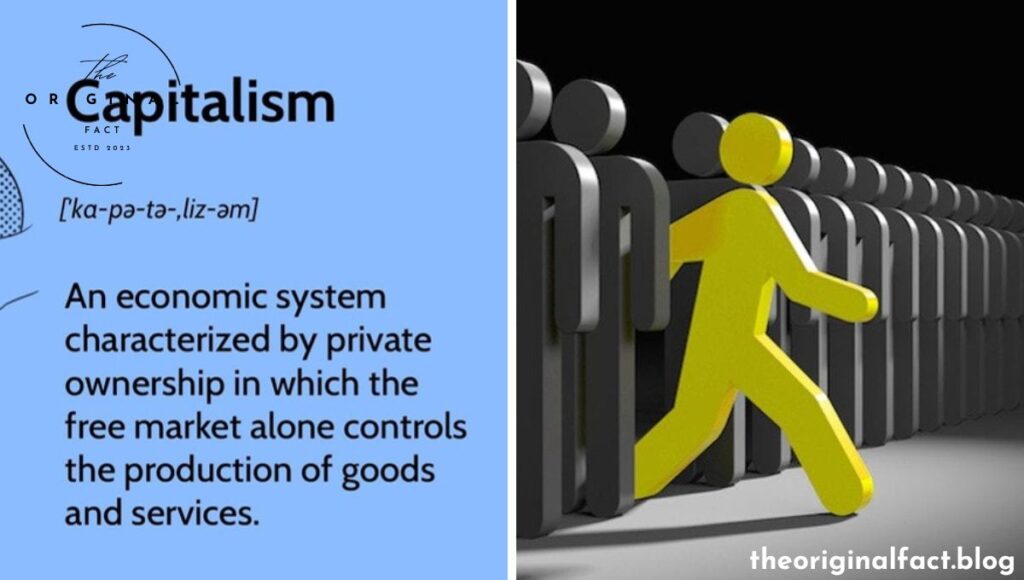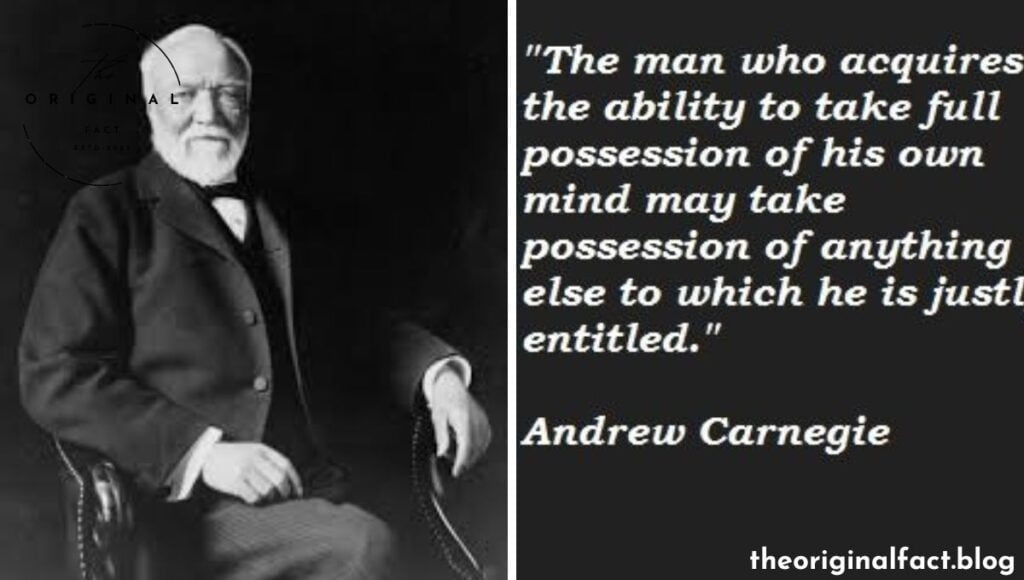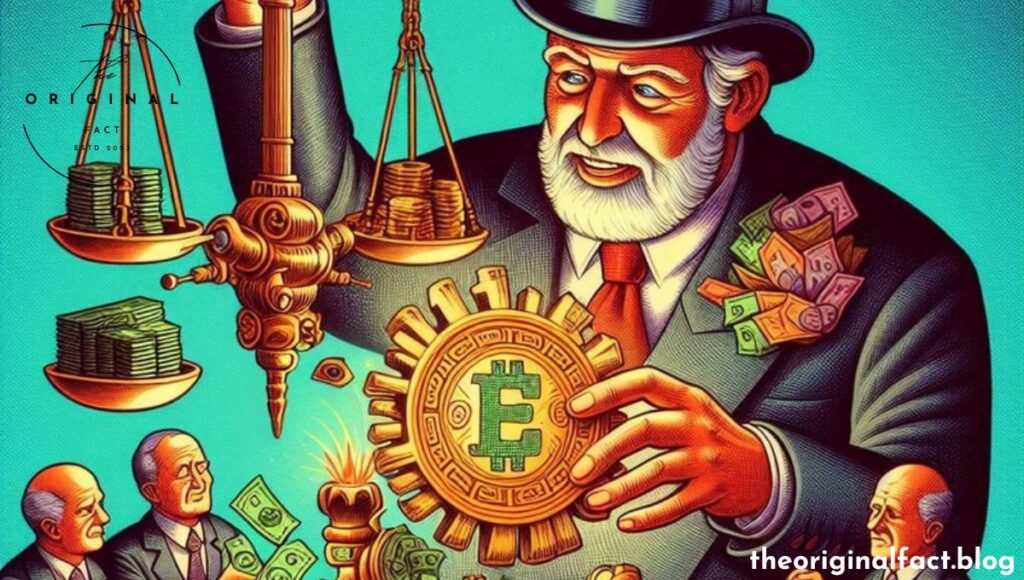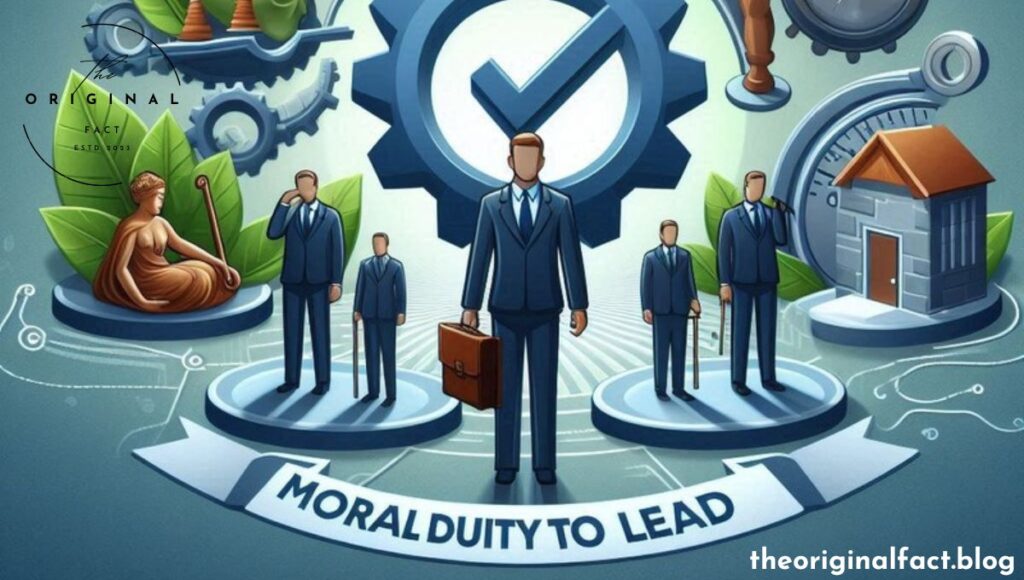Table of Contents
Get Rich in 2024:
The Philosophy of Wealth has been varied and complex throughout history, particularly for rich men, since one’s experiences and socioeconomic background tend to color the idea of becoming wealthy. From the recurring themes and schools of thought on this topic, records have been compiled over time as follows:

1. The Pursuit of Success and Wealth:
A) Capitalism and Individualism:
Many wealthy people believe in the capitalist credo wherein success and material wealth reward hard work, ingenuity, and/or risk. From this perspective often comes a further insistence upon personal responsibility, a reliance on one’s self, and the notion that anyone can be wealthy if one just works hard enough.

B) Meritocracy:
Some rich men preach the gospel of a meritocratic society in which rewards and positions are gained by individual effort, talent, and merit. This ideology typically naturally justifies disparities in wealth due to differences in abilities and work ethics.

2. Philanthropy and Social Responsibility:
A) The Gospel of Wealth:
A philosophy propagated by the legendary Andrew Carnegie, the concept states that whoever has the means should necessarily use it for societal benefit. The rationale has since then compelled many wealthy men to philanthropy, where they support education, health, and social welfare among other causes.

B) Effective Altruism:
The philosophical approach of ‘effective altruism’ is one being increasingly taken up by today rich-including those in the technology sector promoting the deployment of wealth in ways most efficient and most welfare-enhancing, generally via evidence-based and data-driven philanthropy.

3. Power and Influence:
A) Oligarchic Tendencies:
Sometimes, it is considered a method to show one’s power and influence on the will of society, politics, and the economy. This also gives rise to a philosophy whereby power is held in the hands of the few, where their wealth is viewed as justification for them to shape the world according to their values and interests.

B) Moral Duty to Lead:
To some wealthy people, success is a sign that they are especially qualified to lead in making decisions that affect society. Or it can be manifested in political ambitions or attempts at influencing public policy.

4. Personal Fulfillment and Legacy:
A) Stoicism and Minimalism:
Nevertheless, some other wealthy men subscribe to philosophies such as Stoicism that taught one about self-discipline, and ethics, and that true fulfillment could only be derived from within rather than outside wealth. It may lead to personal fulfillment, good morals, and a legacy bequeathed.

B) Legacy Building:
Plenty of rich people are hung up on how they’ll be remembered, so they finance projects or causes they feel can make that lasting impact. This could be in the form of founding institutions, patronizing the arts, or doing substantial charity work.

5. The Role of Luck and Timing:
A) Acknowledgment of Luck:
Some rich men realize that it is not just hard work but also luck and proper timing of events that have brought them to that position. This position may, therefore, make a person humble towards wealth and live a life focused on giving back

B) Determinism and Destiny:
Conversely, some may feel that their wealth was a matter of destiny or fate, and thus their success was ordained as part of some larger plan.

6. Criticism and Reflection:
A) Critique of Wealth:
Some wealthy individuals, especially in later life, become critical of the accumulation of wealth, questioning the morality of huge economic disparities and their role in perpetuating these disparities.

B) Existential Reflection:
Wealth could give rise to existential questions about the meaning of life, the nature of happiness, and the worth of material success. Rich men may turn to philosophy, religion, or spirituality in search of meaning that is deeper than their financial successes.

The philosophy of rich men is never homogeneous; rather, it is the result of an interaction between personal credo, societal norms, and historical environment. While some might be obsessed with self-interest and the protection of their wealth, others may act based on their sense of responsibility to use one’s resources for the good of all.
To read more about wealth: click here
To Read More: Finance

